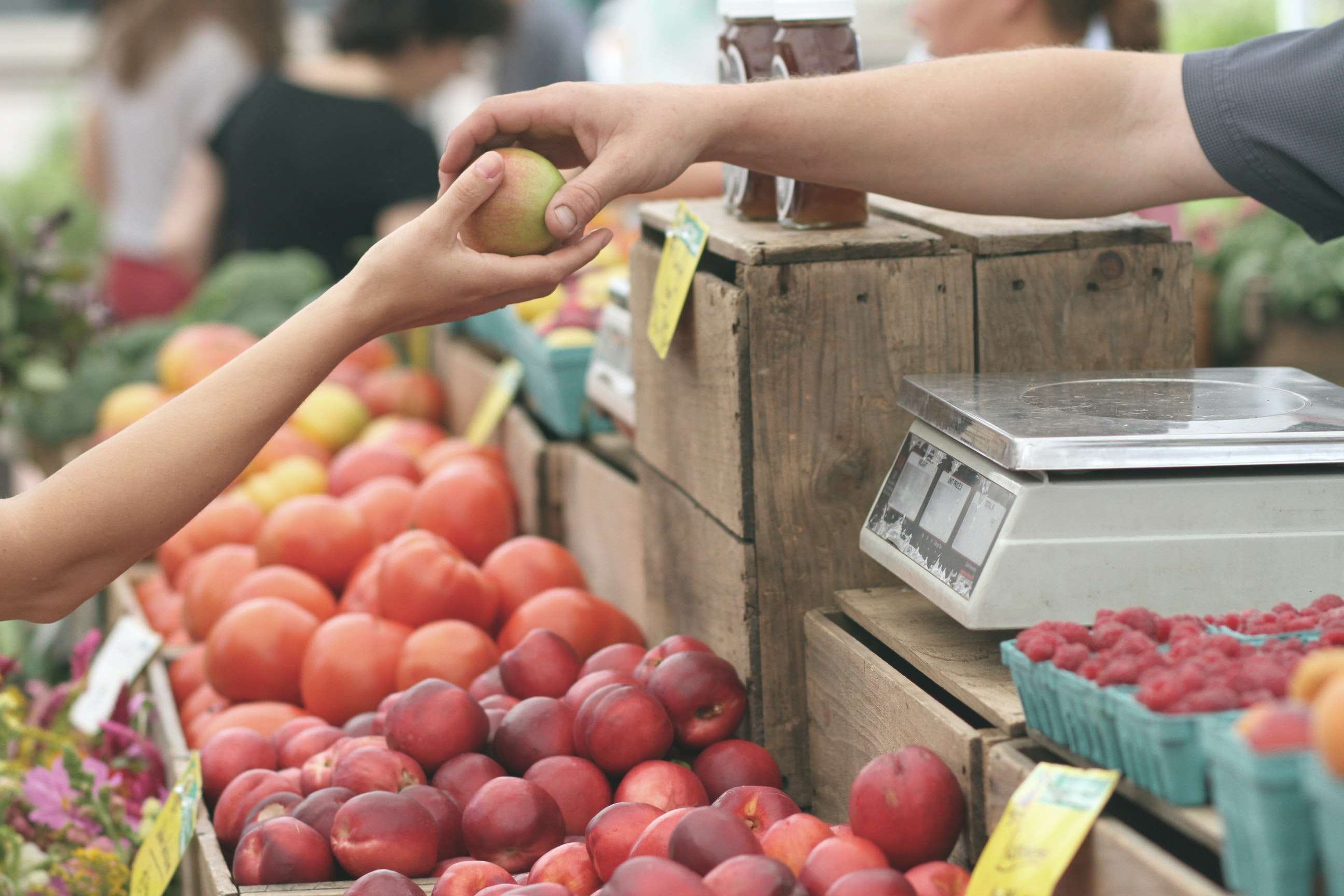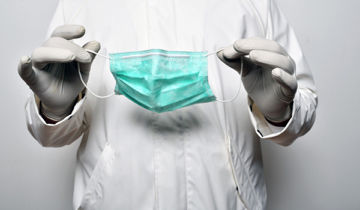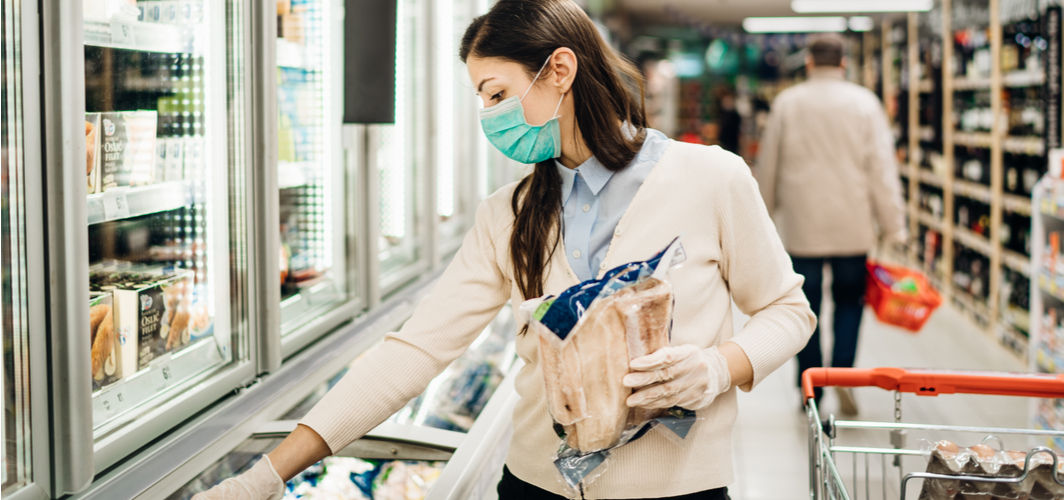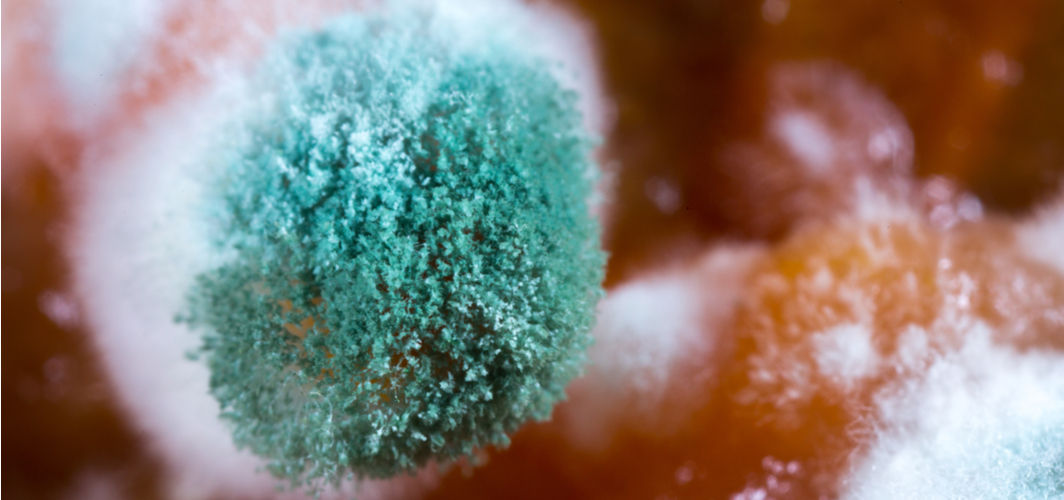Coronavirus Updates
How do we Shop for Grocery Safely During COVID-19?
4 min read
By Apollo 24/7, Published on - 03 June 2020, Updated on - 18 October 2022
Share this article
4
9 likes

The COVID-19 outbreak has made grocery shopping a cause for anxiety. Despite the lockdown imposed by the government, many of us need to step out from time to time to buy groceries. During this time, it is quite normal to be worried about getting infected by Coronavirus. However, this worry can be put at ease by taking some precautions mentioned in this article. Let us start with a brief understanding of how the Coronavirus spreads.
The Coronavirus spreads from person to person through respiratory droplets discharged from an infected person while either coughing or sneezing. These droplets can also enter the body of a healthy person while touching the mouth, nose or eyes after touching the surfaces infected by these droplets. As of now, there is no evidence that Coronavirus spreads through either food consumption or food packaging.
How do we stay safe while shopping for groceries?
The most important thing to remember while shopping for groceries is to maintain at least 6 feet distance from others. However, practicing this may be a little difficult in the grocery stores which are crowded. Hence, we recommend the following steps to ensure safety during grocery shopping:
- Cover your nose and mouth with either a mask or a face cover to lower the risk of getting infected
- Avoid touching your nose, eyes, and mouth while at the grocery store
- Try visiting the grocery store during hours when there are fewer people, for example, early morning
- If possible, wipe frequently touched surfaces at the grocery store like basket handles, grocery carts with disinfectant wipes
- Use a hand sanitizer while waiting at the checkout counter. Also, use it before entering and after leaving the grocery store
- If there is no hand sanitiser kept at the grocery store, wash your hands thoroughly with soap and water for at least 20 seconds as soon as you reach home
- Opt for contactless payment, if possible. Otherwise, use a sanitizer every time you use cash or card to pay for your groceries.
What are the precautions to be taken while unpacking groceries?
Latest research has revealed that the Coronavirus can remain infectious on surfaces for up to 72 hours. However, on the surfaces of common materials, the virus becomes inactive after 24 hours. There is limited evidence on whether the Coronavirus on those materials can cause COVID-19. This means that the Coronavirus on the surface of groceries will not be active over time after the groceries are put away. It is highly unlikely for the inner contents of the sealed containers to be contaminated with the Coronavirus.
If a disposable bag has been used during grocery shopping, it is better to throw it away once you reach home. Clean your hands with soap and water for at least 20 seconds after unpacking the groceries. You can also use a hand sanitiser to clean your hands but ensure that it has at least 60% alcohol. Also, ensure that you wipe the surfaces at home with a disinfectant.
How to wash vegetables and fruits?
Ensure that you clean your hands thoroughly with soap and water before you wash vegetables and fruits. Then wash the fresh vegetables and fruits under clear running tap-water. There is no need to disinfect fruits and vegetables. Thorough washing under clean water is enough.
When to avoid grocery shopping?
Refrain from going out for grocery shopping if you notice any symptoms like fever, cough, difficulty in breathing, etc. Instead, you can ask either a family member or a well-wisher to help you run these errands. Alternatively, you can use online services to get your groceries delivered to you.
It is advisable for high-risk people like the elderly and people with previous medical conditions to avoid grocery shopping. They can either take help of other family members or opt for online home deliveries as much as possible.
Bottom Line
Stepping out to buy groceries can be a risky affair. However, the risk is not as much in getting infected by the groceries as it is in being around infected people which you are unaware of. Hence, you should limit your visit to the grocery store and go out only when absolutely needed. Only then will you be able to lower your exposure to the Coronavirus.
If you have any questions related to Coronavirus, you can consult our team of expert doctors through online doctor consultation.
Coronavirus Updates
Leave Comment
Recommended for you

Coronavirus Updates
A Commoner’s Guide to Wearing Masks Correctly
Wearing masks can restrict the spread of the Coronavirus but only if used the right way and when combined with other practices like social distancing and hand hygiene.

Coronavirus Updates
How Do We Care for Our Pets During COVID-19?
Research done till now has shown only a small number of animals being infected with COVID-19 virus. Instead, there are more cases of humans being infected by the Coronavirus.

Coronavirus Updates
Can Frozen or Refrigerated Food Carry the Coronavirus?
As of now, it requires more evidence and investigation to derive a concrete conclusion about whether consumption of refrigerated food items can cause Coronavirus infection.
Subscribe
Sign up for our free Health Library Daily Newsletter
Get doctor-approved health tips, news, and more.
Visual Stories

Decoding India’s Fungal Epidemic Triggered by COVID-19
Tap to continue exploring
Recommended for you

Coronavirus Updates
A Commoner’s Guide to Wearing Masks Correctly
Wearing masks can restrict the spread of the Coronavirus but only if used the right way and when combined with other practices like social distancing and hand hygiene.

Coronavirus Updates
How Do We Care for Our Pets During COVID-19?
Research done till now has shown only a small number of animals being infected with COVID-19 virus. Instead, there are more cases of humans being infected by the Coronavirus.

Coronavirus Updates
Can Frozen or Refrigerated Food Carry the Coronavirus?
As of now, it requires more evidence and investigation to derive a concrete conclusion about whether consumption of refrigerated food items can cause Coronavirus infection.